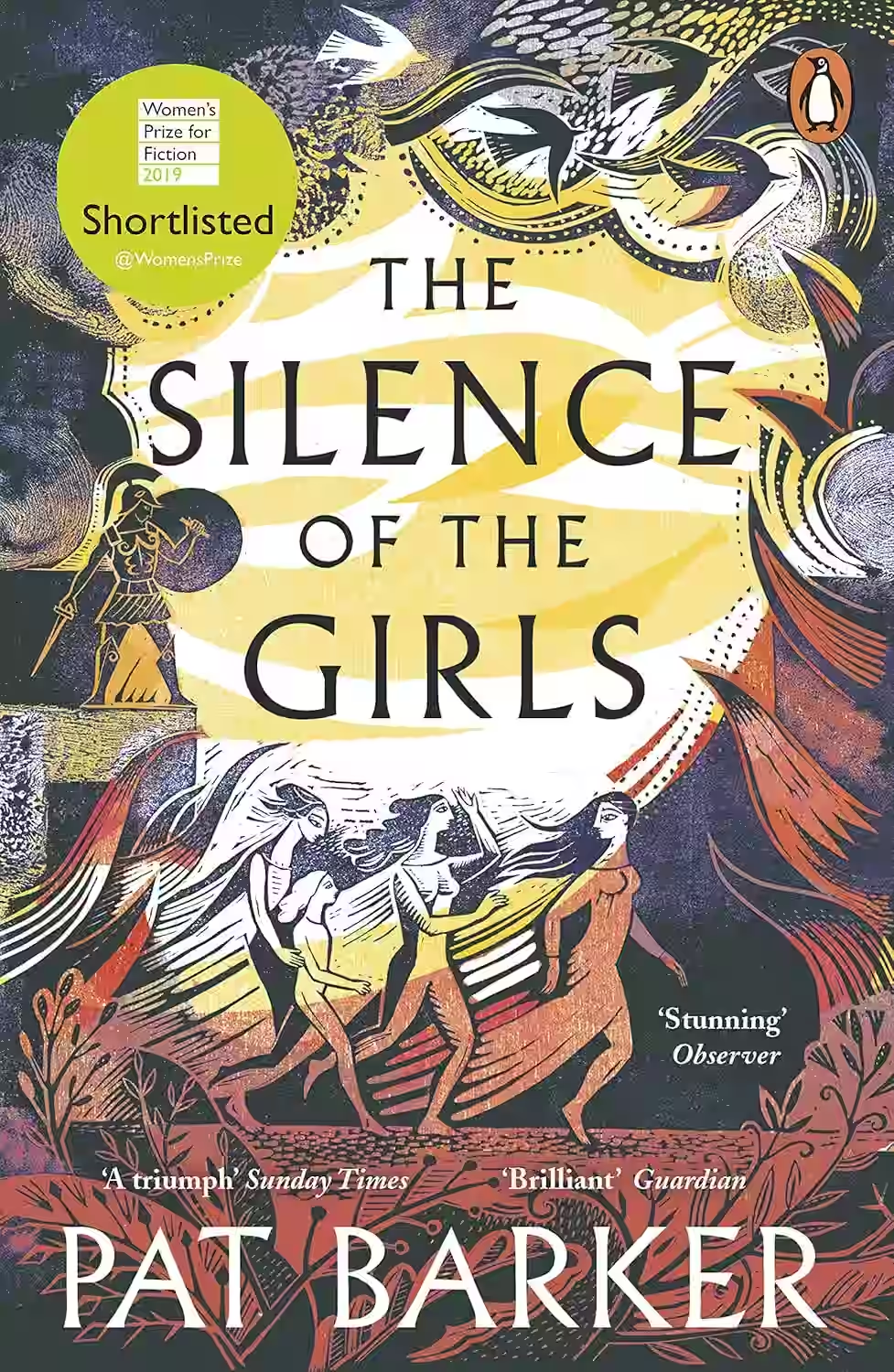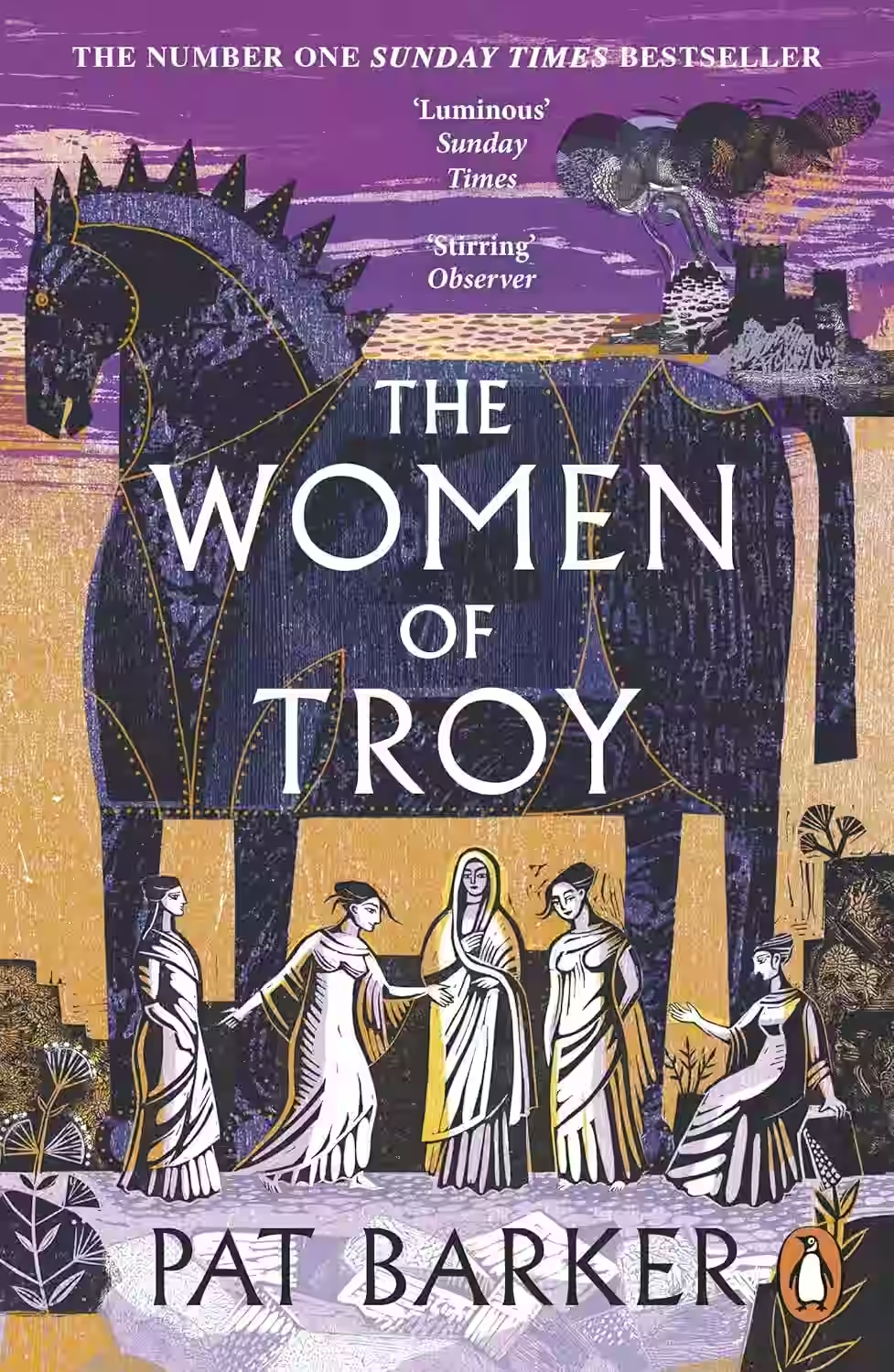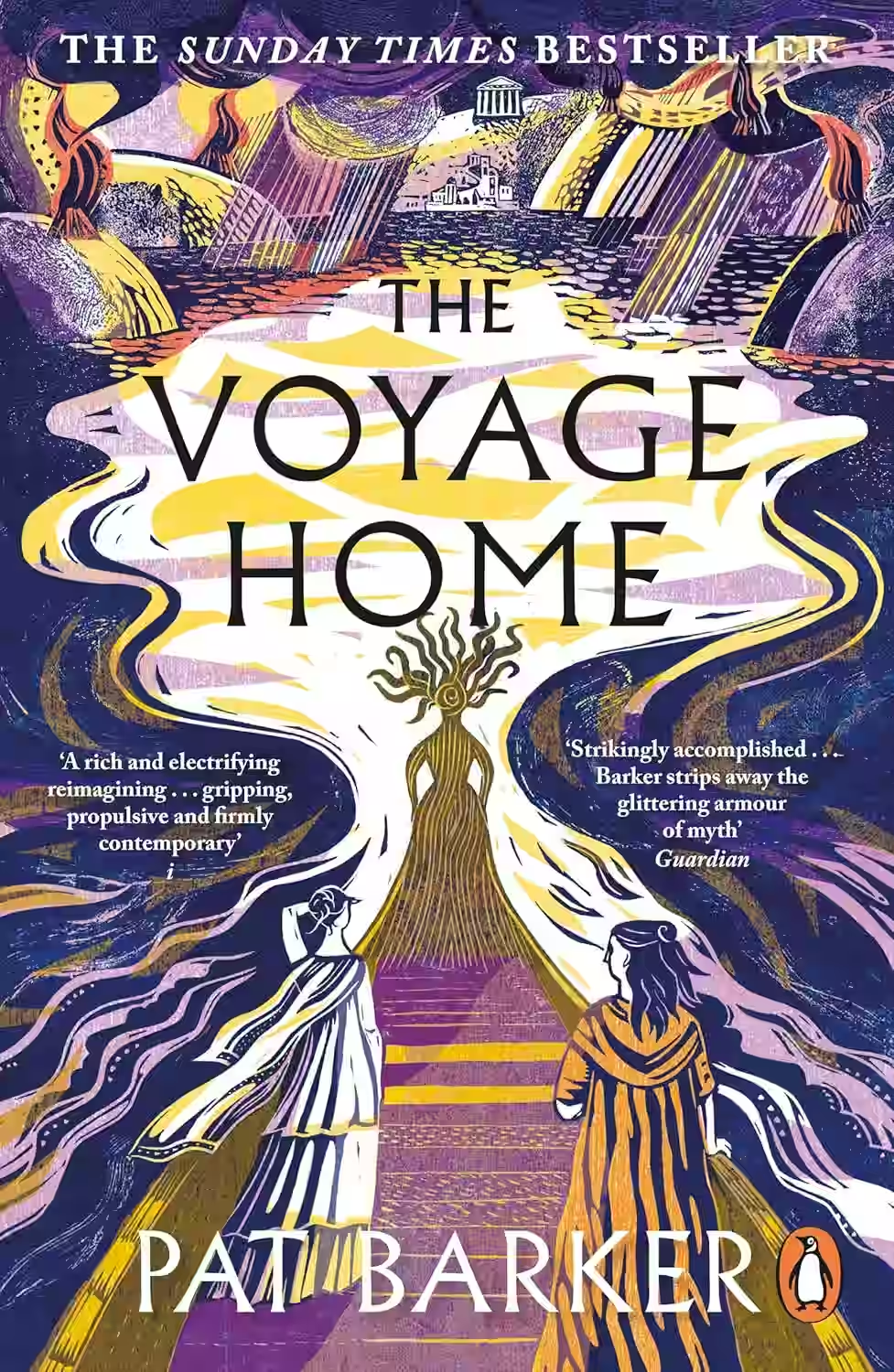Pat Barker
Pat Barker, born in 1943 in Thornaby-on-Tees, England, is an acclaimed British author renowned for her profound exploration of war and its psychological impact. She studied international history at the London School of Economics and later worked in academia, which influenced her analytical approach to storytelling. Barker gained widespread acclaim with her 'Regeneration Trilogy,' consisting of 'Regeneration' (1991), 'The Eye in the Door' (1993), and 'The Ghost Road' (1995), the last of which won the prestigious Booker Prize. These novels vividly captured the traumatic experiences of World War I soldiers and are praised for their deep empathetic insight and historical accuracy. Pat Barker's impact on literature is underscored by her ability to delve into themes of memory, healing, and the human psyche, resonating with readers and scholars alike. Her works continue to shed light on the complexities of human conflict, solidifying her legacy as one of the leading voices in contemporary historical fiction.

In 'The Silence of the Girls,' Pat Barker revisits the epic tale of the Trojan War from a revolutionary perspective, shining a spotlight on the silenced voices of women. The narrative follows Briseis, a queen turned slave, as she navigates her new reality as Achilles’ war prize. Barker masterfully weaves themes of power, trauma, and resilience, bringing an achingly human touch to a tale traditionally dominated by male-centric heroism. Her prose is both lyrical and harrowing, painting vivid imagery of brutality and survival. The novel challenges readers to reconsider celebrated legends by exploring the cost of war through the eyes of its often-overlooked victims, offering a poignant commentary on the untold experiences of women in history.

In 'The Women of Troy,' Pat Barker continues her exploration of the classical Greek narratives, picking up where 'The Silence of the Girls' left off. The novel immerses readers into the devastating aftermath of the Trojan War, focusing on the women who endure the grim realities of powerlessness and enslavement. Key figures such as Briseis, once a queen and now a trophy of war, navigate a precarious landscape of loyalty and survival. Barker adeptly weaves a tapestry of grief, resilience, and unity among these women, painting a vivid picture of historical misogyny reframed through a contemporary lens. Her portrayal underscores an enduring struggle against silencing and subjugation, delivering a poignant commentary on the timeless nature of female resilience. With her elegant prose and insightful character development, Barker captures the complex emotions and stark realities faced by women in wartime, making this a compelling read that blends myth with the rawness of human experience.

In 'The Voyage Home', Pat Barker masterfully explores themes of identity, trauma, and the relentless quest for self-discovery in a post-war world. Set against the backdrop of a society trying to piece itself back together, the narrative follows a diverse ensemble of characters grappling with their pasts as they seek a sense of belonging and purpose. Barker's lyrical prose intricately weaves personal stories with broader historical context, creating a vivid tapestry of human resilience and vulnerability. The novel's introspective nature coupled with its emotionally charged journey invites readers to reflect on their own paths and the complex interplay between memory and healing.